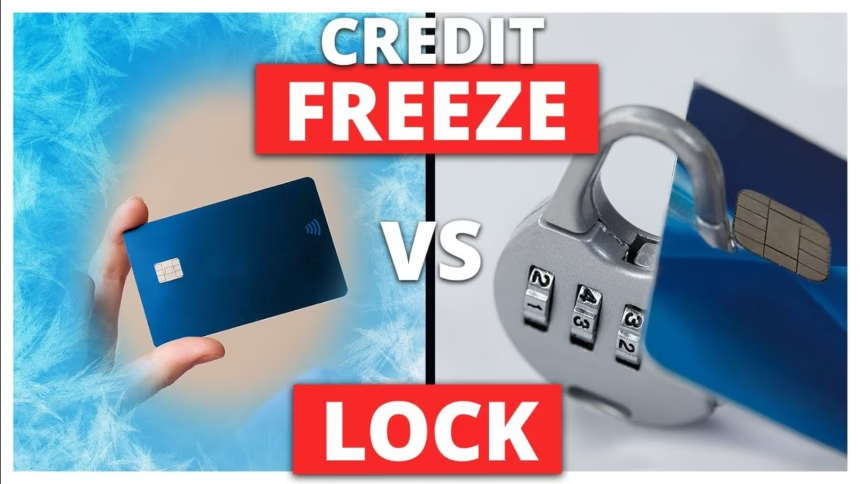In today’s digital age, protecting your personal information and financial assets is more critical than ever. With the rise of identity theft and cyber fraud, it’s essential to understand the difference between a credit freeze and a credit lock. Both options offer a level of security for your credit information, but there are key distinctions between the two.
What is a Credit Freeze?
A credit freeze, also known as a security freeze, is a proactive measure you can take to restrict access to your credit report. When you place a credit freeze on your account, potential creditors will not be able to view your credit report without your authorization. This can help prevent unauthorized individuals from opening new accounts in your name.
To initiate a credit freeze, you will need to contact each of the three major credit bureaus – Equifax, Experian, and TransUnion. Once your freeze is in place, you will receive a unique PIN that you can use to lift or remove the freeze temporarily when needed.
What is a Credit Lock?
A credit lock is similar to a credit freeze in that it restricts access to your credit report. However, a credit lock is often offered as a service by credit monitoring companies or financial institutions. Unlike a credit freeze, a credit lock can typically be activated or deactivated online or through a mobile app for added convenience.
One key difference between a credit freeze and a credit lock is how quickly you can lift the restriction. With a credit lock, you may be able to unlock your credit report instantly, allowing you to apply for credit cards or loans without delay. However, it’s essential to understand that not all credit lock services offer the same level of protection as a credit freeze.
Key Differences Between a Credit Freeze and a Credit Lock
1. Protection Level
- Credit Freeze: Provides a higher level of protection as it is governed by state laws and may require additional verification to lift the freeze.
- Credit Lock: May offer instant access to your credit report but may not provide the same legal protections as a credit freeze.
2. Cost
- Credit Freeze: Typically free to place, lift, or remove a freeze.
- Credit Lock: Some services may charge a monthly fee for credit lock protection.
3. Accessibility
- Credit Freeze: Requires contacting each credit bureau individually to place or remove a freeze.
- Credit Lock: Can often be activated or deactivated online or through a mobile app for added convenience.
4. Flexibility
- Credit Freeze: Offers a more rigid structure as it is governed by state laws.
- Credit Lock: Provides more flexibility and control over when you can lock or unlock your credit report.
Which Option is Right for You?
Choosing between a credit freeze and a credit lock ultimately depends on your individual needs and preferences. If you prefer a more robust and legally backed form of protection, a credit freeze may be the better option for you. On the other hand, if you value flexibility and instant access to your credit report, a credit lock may be more suitable.
It’s essential to weigh the pros and cons of each option carefully and consider factors such as cost, accessibility, and level of protection. Whichever option you choose, taking proactive steps to safeguard your credit information is a crucial step in protecting your financial future.
In conclusion, understanding the difference between a credit freeze and a credit lock is key to protecting your credit information from potential fraudsters. Whether you opt for a credit freeze for added security or a credit lock for convenience, taking steps to secure your credit report is a proactive measure that can help safeguard your financial well-being in the long run.
Related News:
Thailand Tightens Fiscal Belt as Debt Ceiling Looms and Economy Stutters














